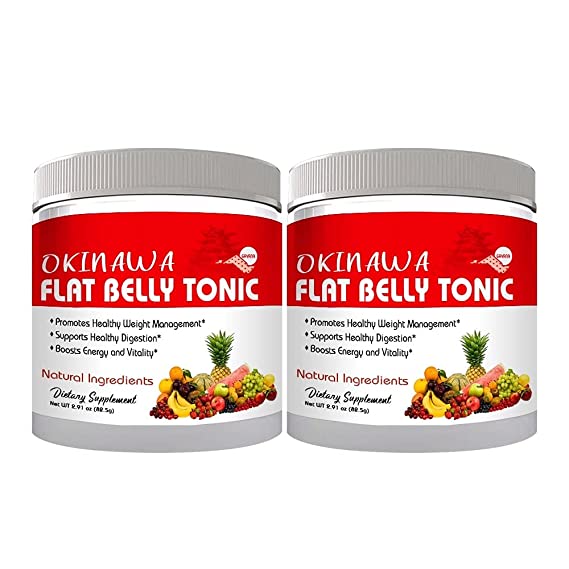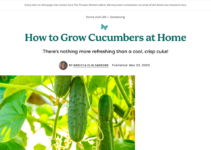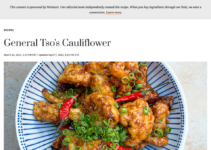Navratri, the nine-day Hindu festival celebrated twice a year, is a time of spiritual purification, devotion, and fasting.[0] It is a time when people worship the divine feminine energy and celebrate the victory of good over evil.[0] During Navratri, many people observe fasts and adhere to specific dietary restrictions to honor the Goddess Durga and seek her blessings.
However, fasting during Navratri can be challenging, especially if you are not aware of the right foods to eat and avoid. Many people make mistakes while fasting that can do more harm than good to the body.[0] Eating too much or too little can be harmful, so it is essential to follow a healthy approach to fasting during Navratri.
Here are five ways to stay healthy while fasting during Navratri:
Choose healthier foods: During Navratri, it is important to choose healthy snacks like fruits and vegetables. These foods are nutritious and will keep you fuller for longer. Avoid fried and processed snacks as they are high in calories and unhealthy fats.
Opt for small, frequent meals: Instead of eating large meals, opt for smaller, frequent meals throughout the day. This will help keep your energy levels stable and prevent overeating.
Avoid overeating: It is common to feel hungry after breaking your fast, but it is important to avoid overeating. Consume light meals and listen to your body's hunger and fullness cues.[0]
Stay hydrated: It is crucial to stay hydrated during fasting. Drink plenty of water and herbal teas to keep yourself hydrated throughout the day. Avoid sugary drinks and caffeine as they can cause dehydration.
Follow a balanced diet: While fasting, make sure to include a variety of foods in your diet to ensure you are getting all the necessary nutrients.[0] Include foods like sabudana (tapioca pearls), kuttu (buckwheat), and singhare ka atta (water chestnut flour) in your meals to provide energy and essential nutrients.
In addition to following these tips, it is also important to be mindful of the foods to eat and avoid during Navratri. Here is a list of foods to include and avoid during the nine-day festival:
Foods to eat during Navratri:[0]
Sabudana (tapioca pearls): It is a good source of carbohydrates and can help keep you fuller for longer. Sabudana can be used to create appetizing and satiating dishes such as khichdi, tikkis, and kheer.[0]
Kuttu (buckwheat): It is gluten-free and a good source of fiber and protein.[0] You can make dishes like dosas and rotis using buckwheat flour.[0]
Singhare ka atta (water chestnut flour): It is a nutritious flour that can be used to make rotis and puris.[0]
Fruits and vegetables: Include a variety of fruits and vegetables in your diet to get essential vitamins and minerals.
Foods to avoid during Navratri:
Wheat and rice: These grains are not consumed during Navratri fasting.
Lentils and legumes: Avoid foods like dal, chickpeas, and kidney beans during fasting.
Fried and processed snacks: These snacks are high in calories and unhealthy fats.
Refined flour and refined sugar: These foods can cause a sudden spike in blood sugar levels.
Overall, fasting during Navratri can be a healthy and beneficial practice if done in the right way. By following these tips and being mindful of the foods you eat, you can stay healthy and energized throughout the nine-day festival. Remember to listen to your body's needs and make choices that nourish and support your well-being.
0. “5 tips that will make Navratri fasting healthier for you” Times of India, 23 Mar. 2023, https://timesofindia.indiatimes.com/life-style/food-news/5-tips-that-will-make-navratri-fasting-healthier-for-you/photostory/98935923.cms





